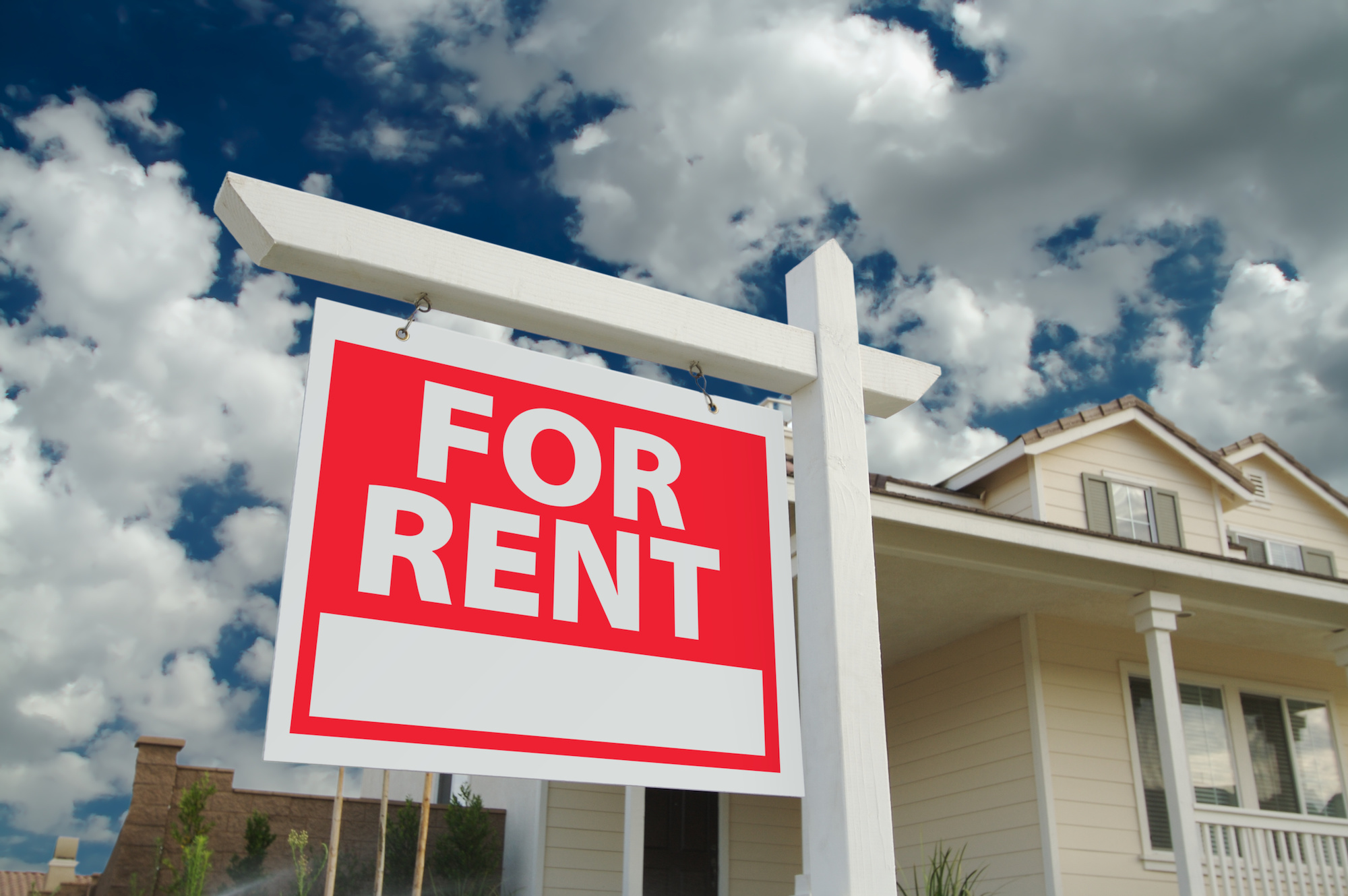Want to be a landlord? These are your top 5 responsibilities
A good tenant-landlord relationship is essential to running a successful rental property. Both renters and the property owners need a clear understanding of a landlord’s obligations. Hiring a property manager can make real estate investing a less arduous venture, but if you prefer to DIY, read on to learn what’s involved in being a landlord.

Table of contents
1. Managing tenants2. Warranty of habitability 3. Property maintenance4. Abiding by housing laws5. Evictions1. Managing tenants
The relationship you have with a tenant may last for years so it’s important to manage that relationship professionally and cordially. Landlords are responsible for everything from selecting tenants to ensuring that the unit is safe and well maintained. Here are the common responsibilities to manage tenants:
Tenant screening: Evicting a tenant for not paying rent or for creating a disruptive atmosphere can be an arduous process. Owners can help protect themselves against that possibility by thoroughly vetting tenants. At a minimum, a credit report is typically required and a thorough background check is recommended.
Security deposits: The legal requirements around how an owner should care for a security deposit vary by jurisdiction. It may have to be held in escrow or placed in an interest-bearing account and in many cases, different rules apply to multi-unit buildings versus smaller rental properties.
Drafting lease agreements: When owners and tenants sign a lease agreement—a legal contract—both parties must know exactly who they are reaching an agreement with. If a tenant has any legal claim against an owner, they should know exactly how to reach them.
Move-in/out walkthroughs: Before a tenant moves in, you’ll walk them through the unit to review its condition together. You’ll do the same thing when the tenant moves out, to ensure that the condition of the unit and the appliances within haven’t deteriorated more than normal wear and tear.
Setting and collecting rent: As the landlord, how much rent to charge is ultimately up to you. Research the local rental market to get a sense of rents for comparable properties to make an informed decision. Then, set a process for collecting rent from your tenants.
2. Warranty of habitability
Both typical leases and housing law require that property owners maintain units in a habitable condition. In many cases the definition of habitability is left vague with specific situations addressed by courts who decide whether a condition reaches the level of making a unit uninhabitable—Georgia and Texas are examples of two states that adopt this approach.
On the other hand, some municipal codes can be very detailed. In Seattle, for example, habitable rooms cannot have any dimension that is less than 7 feet and at least 8 percent of the floor area of any habitable room must receive natural light. The exact definition of what is included in a warranty of habitability varies from jurisdiction to jurisdiction, but some broad principles are universal.
Basic services: A rental unit should have heat, air conditioning or other ventilation (in some jurisdictions), electricity for light, sufficient plumbing, and lack of disruption to running water.
Sanitary conditions: Owners must assure that when a unit is provided to a tenant it is clean and sanitary, free from pests and hazards, and they must maintain sanitary conditions in shared common areas, trash areas, and other parts of the building.
Safe entry: No broken windows or doors that could cause injury, threaten safety, or cause a pest infestation.
Appliances: If appliances are provided with a rental unit, those typically must also be maintained in good working order.
Compliance: You must follow state and local laws and health/safety codes.
Note that owners are not responsible for remedying hazards or conditions created by tenants. If a tenant has made their own unit uninhabitable by refusing to take out their trash, they don’t have any claim against the owner who is only responsible for normal wear and tear on the unit.
3. Property maintenance
Property maintenance protects your investment long-term by ensuring that the property is in good shape to command maximum rent over time and a strong selling price, should you ever decide to sell. Here are the core duties a landlord is responsible for when it comes to property maintenance:
Exterior maintenance
Pest control
Common area upkeep
Trash and recycling management
Interior maintenance
Safety checks
Depending on the size of the property and the scope of the maintenance, you may want to outsource the maintenance by hiring a professional property manager or a building super to assist.

4. Abiding by housing laws
Owners’ responsibilities vary dramatically from state-to-state, and even city-to-city within a state. Here are five of the most common federal acts and regulations to familiarize yourself with as a landlord:
Rent control
ADA
Fair Housing Act
Fair Credit Reporting Act
Lead paint disclosure
In their broadest outline, housing codes are similar from city to city and state to state, but their finer points are important and owners need to be aware of them—and comply with them. Some require off-street parking or have provisions about fire escapes, while others address specific local conditions such as seismic activity or flood zones. Dig into the laws in your state and county before you finalize your first lease agreement.
5. Evictions
If worse comes to worst and you find it necessary to evict a tenant, you must follow all state and local requirements. Whether housing laws and housing courts are “pro-landlord” or “pro-tenant” vary significantly across the country. Most courts require the owner to first resolve the situation before beginning eviction proceedings.
The first step will often be to notify the tenant that they have broken the terms of the lease agreement while providing them an opportunity to rectify the situation in a timely manner (either by ceasing an objectionable behavior or paying any overdue rent). If owners proceed to evict the tenant, they must follow the notice requirements of the particular jurisdiction.
Bungalow is the best way to invest and manage your real estate portfolio. We work with you to identify, purchase, fill, and manage residential properties—so that you can enjoy up to 20% more in rental income with a lot less stress. Learn more about Bungalow.
Ready to find your next home?
Move-in ready homes and a built-in community so you can feel at home, together — wherever you are.
Suggested articles



